Things to Know Before you Buy an RV TPMS
There are plenty of RV Tire Pressure Monitoring Systems on the market to choose from. There is a lot to take into consideration when selecting the right one for your RV, so let’s take a look at what you need to know about your RV before you buy a TPMS.
Number of tires
How many total tires do you plan to monitor? This seems like a pretty easy question, but let’s look at the two most common RV setups we see and dig into the things you need to consider.
Motorhomes
If you are in a motorhome, then you should monitor all of the tires on the motorhome itself, but if you are towing a vehicle or trailer behind your motorhome, those tires are equally, if not more, important to monitor using a TPMS. Even though your towed vehicle may have its own built-in TPMS, it does you no good when you are in your motorhome. Your TPMS monitor is designed to monitor multiple vehicles so you can keep an eye on both your motorhome and towed vehicle’s tires all on one monitor.

Most motorhomes have enough power to drag a towed vehicle on only rims, and you most likely will not feel any tire issues on your towed vehicle before it is too late (if you feel it at all). Your rear observation cameras cannot pick up on overheating tires and a blowout might even be hidden from view. We hear too many stories of RVers having blowouts on the towed vehicle and not even knowing it occurred until someone waved them down, so our recommendation is to always monitor all of the tires on the ground, including your motorhome, tow dolly, towed vehicle or trailer tires.
Travel Trailers and Fifth Wheels
Now, let’s say you are in a truck towing an RV. Of course, you should monitor all of the tires on the RV that you are towing, but what about the truck? We have found that most RVers that pull an RV with a truck also monitor the truck tires, even if they have a built in TPMS on the truck. For most, they like the convenience of seeing all their tires on one monitor, having the truck tire's temperatures monitored, and being able to set their alarm parameters instead of relying on what is built into the truck’s monitoring system.
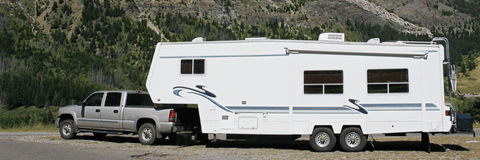
If your truck does have a built-in TPMS, then it is totally up to you whether you would like to monitor your truck’s tires using an external TPMS, but we recommend you monitor all of your RV tires no matter what. If you choose to monitor both, you will be able to see both your truck and RV tires all on the same display monitor.
Types of Valve Stems
The type of valve stem(s) you have on your vehicle is very important when choosing which TPMS system is best for you. There are several types of valve stems on RVs: rubber, hybrid rubber/metal, and metal. Some dual tires have braided extensions as well. The most important thing to know about your valve stem is whether it is rigid or not. Put simply, when you try to wiggle it, does it move at all.
Rubber valve stems move easily, the hybrid valve stems have a bit of wiggle near the base, and metal valve stems are very rigid. If you have a valve extension, they are considered rigid if they are metal or if they are connected securely to the rim and do not move around. Typically, the larger tires on motorhomes and larger fifth wheels have metal valve stems, while smaller tires with lower PSI have the rubber or hybrid valve stems. Be sure to check your RV before buying an RV TPMS.
Most TPMS manufacturers offer small cap-style sensors, and they are safe to use on all valve stem types. Cap sensors are your best bet if you are not sure which type of valve stems you have. Some TPMS manufacturers, like TST, also offer flow-thru sensors which allow you to air up your tires without removing the sensor. These are only safe to use on rigid, metal valve stems due to their longer length and heavier weight. Because of this, we do not recommend flow thru sensors for passenger or towed vehicles due to their shallow wheel wells which could cause them to stick out past the tire. We recommend you always use a lower-profile cap sensor on passenger vehicles regardless of whether they have metal or rubber valve stems.
Please note that if you do not have rigid valve stems on your RV, but you would like to use the flow thru sensors, it is possible to have a tire shop change your rubber or hybrid valve stems to metal.
Location of Valve Stems
Over the years, we have always been drawn to looking at RV tires when we are at RV shows or campgrounds. Occupational hazard, I guess. It amazes us to see the wildly different places valve stems are mounted on tires with some being completely hidden behind rims! It gets even worse when you are dealing with dual tires - some have extensions, while others do not.

Before buying an RV TPMS, get to know where each valve stem is located on your RV tires, and whether or not you are able to access it easily. If you have valve stems that are not easily accessible, then you may need to add valve extenders to them so that you can put the sensors on easily. There is always a solution to valve stem issues like this, so do not let this discourage you from protecting your tires with a TPMS. If you are having issues accessing your valve stems, a tire shop should be able to help add extensions or even move the valve stem to a more accessible location on the tire.
If you have access to your valve stem, but need it to be a bit longer for your TPMS sensor to fit correctly, we have valve extenders at TechnoRV in lengths ranging from two to four inches, which may help. We also carry angled extenders ranging from 45 to 135 degrees, which can help redirect your sensor away from a rim if it is too close, or turn an inward-facing valve stem outward for better access. You can learn more about the valve extender options we have at TechnoRV here: Wheel Masters Valve Extenders
Want to see examples of how to choose the correct sensor type for your RV? Watch Eric walk you through some scenarios with real RVs!
Ready to Add a TPMS to Your RV?
Once you know how many tires you need to monitor, what type of valve stems you have, and where they are located, you are ready to choose the right RV TPMS for your situation! We have three models to choose from at TechnoRV with four different sensor options. With the TST 507 TPMS and the new TST 770 TPMS, you can mix and match sensor types all on one monitor, so if you want flow thru sensors on your RV and cap sensors on your towed vehicle, we have the right combination kit for you!
In addition to cap and flow thru sensors, we also have an internal mounted sensor option as well which can be mounted on any tire with any valve stem configuration. Keep in mind that the internal sensors do require professional installation.
RV TPMS Models available at TechnoRV.com
- TST 770 Cap Sensor Systems
- TST 770 Flow Thru Sensor Systems
- TST 507 Cap Sensor Systems
- TST 507 Flow Thru Sensor Systems
- TST 507 Hybrid/Marine Sensor Systems (Cap style)
- TST 507 Internal Sensor Systems (Mounted inside on the rim)
- TireMinder i10 Cap Sensor Systems
- TireMinder APP Cap Sensor Systems
Not sure which model is right for you? Watch Eric compare the TST 507 with the TireMinder i10 and APP model TPMS!
We are here to help!
If you have any more questions, we at TechnoRV are here to help and would be happy to walk through the decision with you. You can contact us through phone, chat, or email at TechnoRV.com.
For a LIMITED TIME, you can save 15% on TST Tire Pressure Monitoring Systems and everything you see below when you use the code DAD15 at checkout. Hurry, the sale ends June 14th.
Note: Our Father's Day Promo has ended, but be sure to sign up for our newsletter to gain access to future promotions!
2 comments
TST
View allI have. Fleetwood Rv and I’m flat towing a canyan pickup. So I would need 10 sensors I think. What your best recommendation for my situation
Thank yoWhat TPMS system would you suggest for a 3ft Class C RV



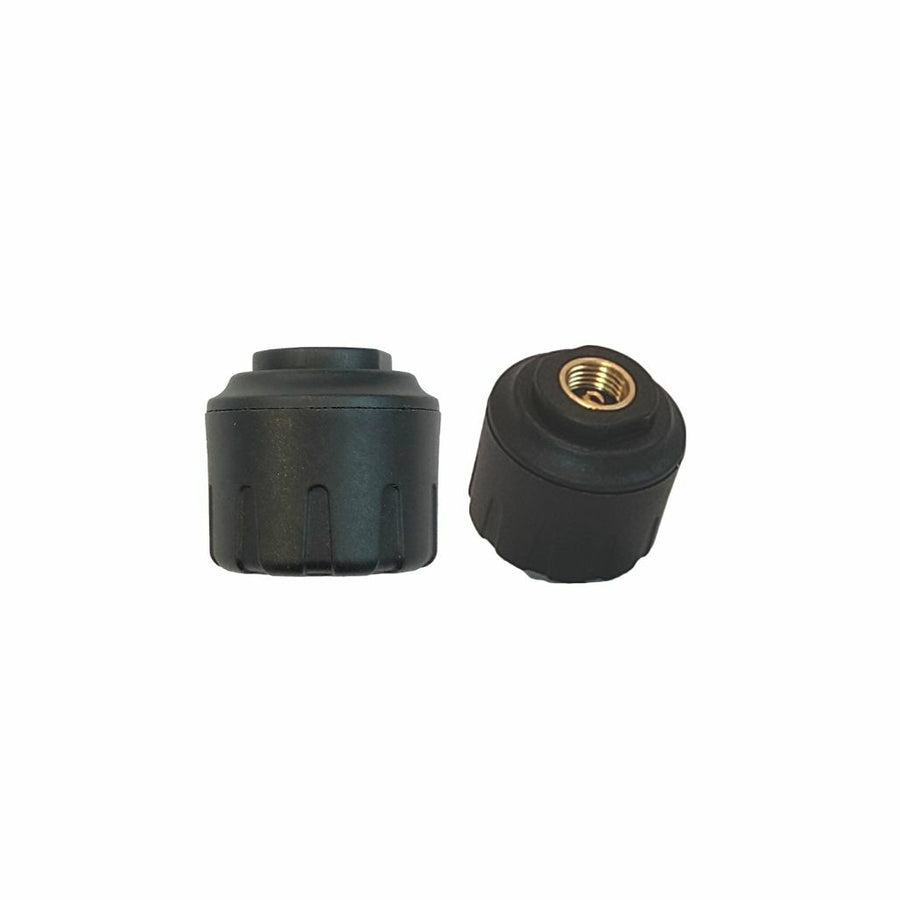
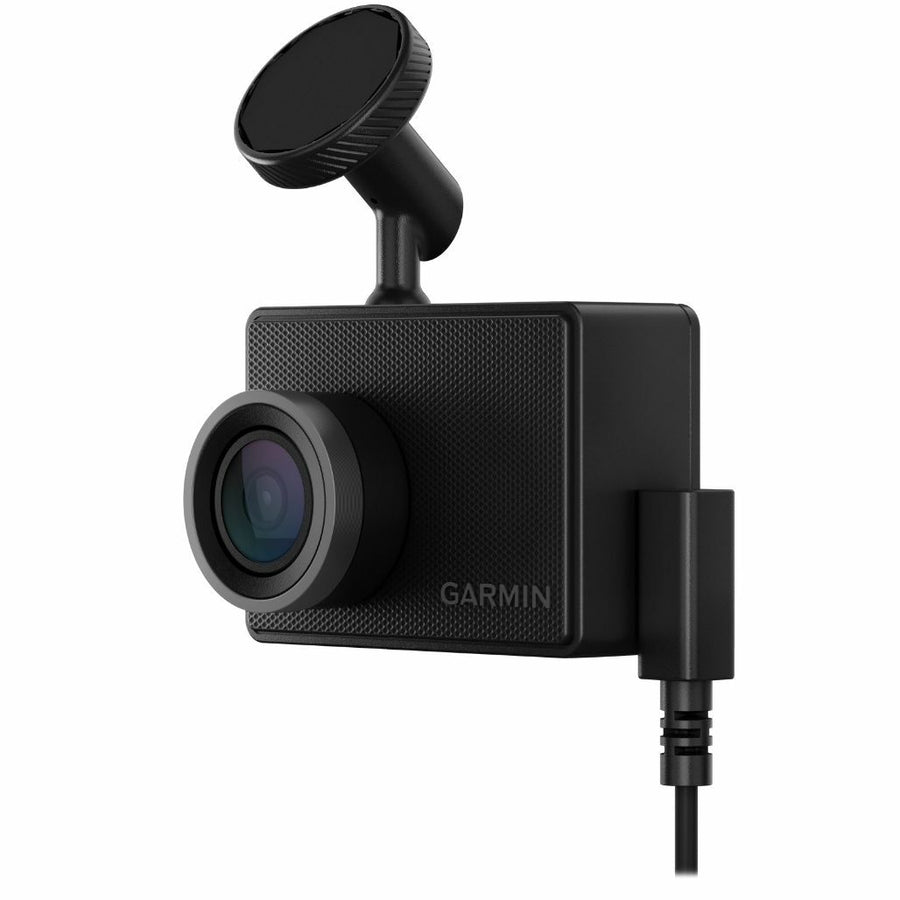
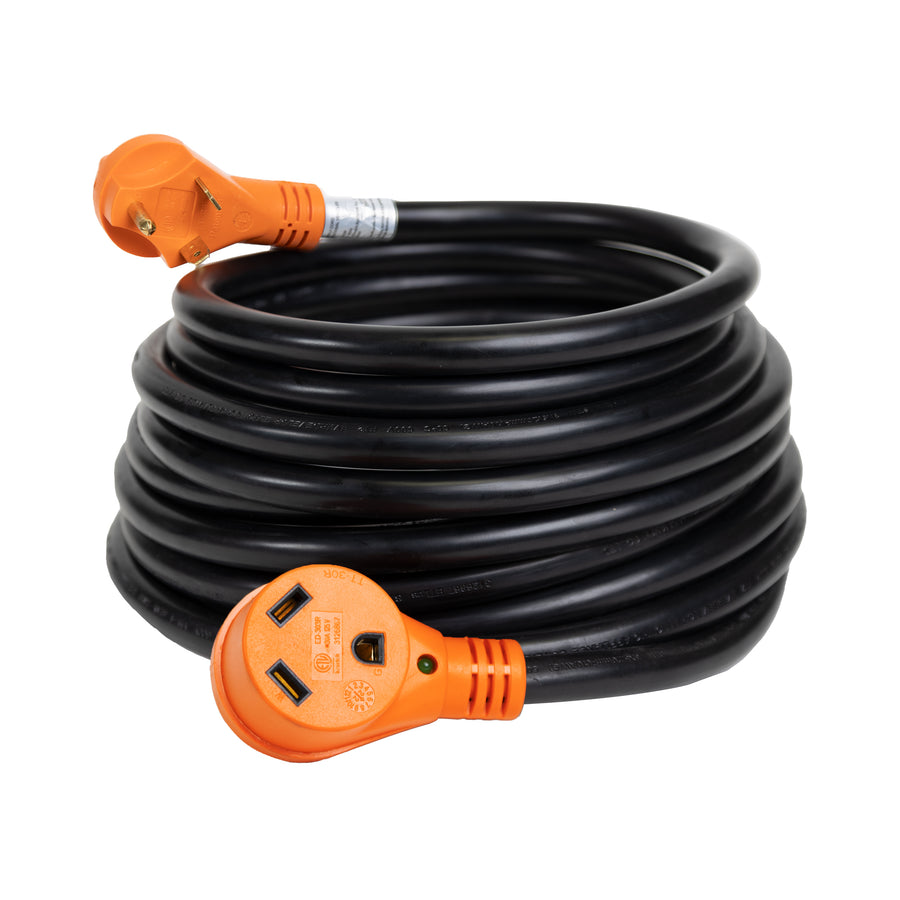
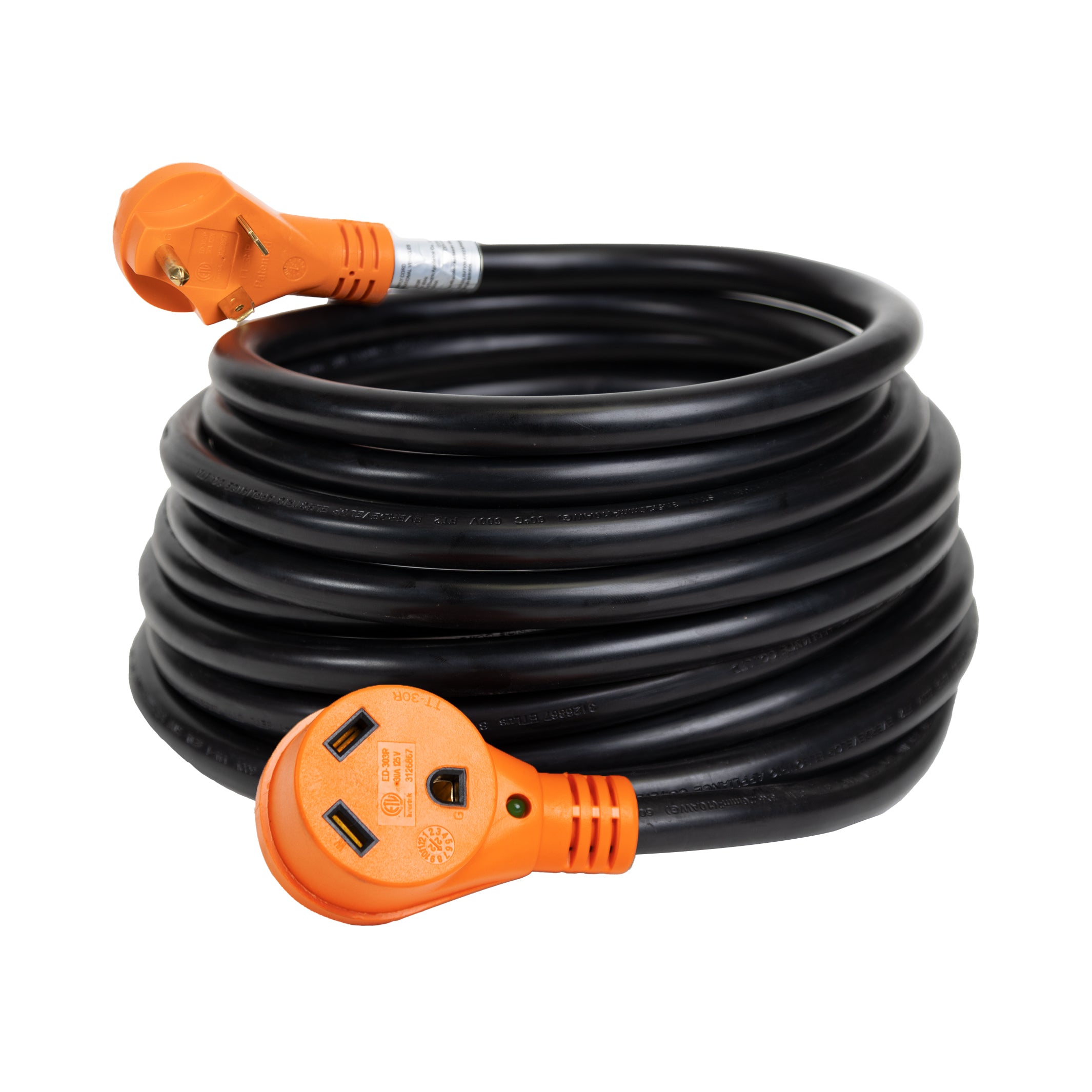
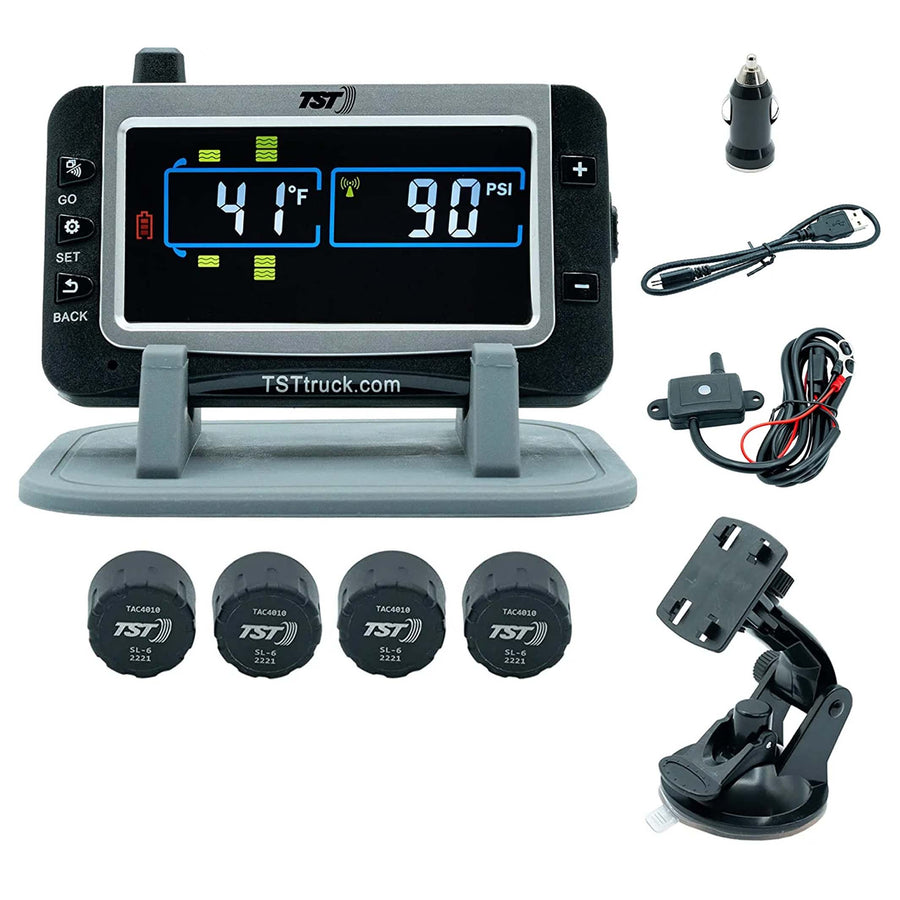
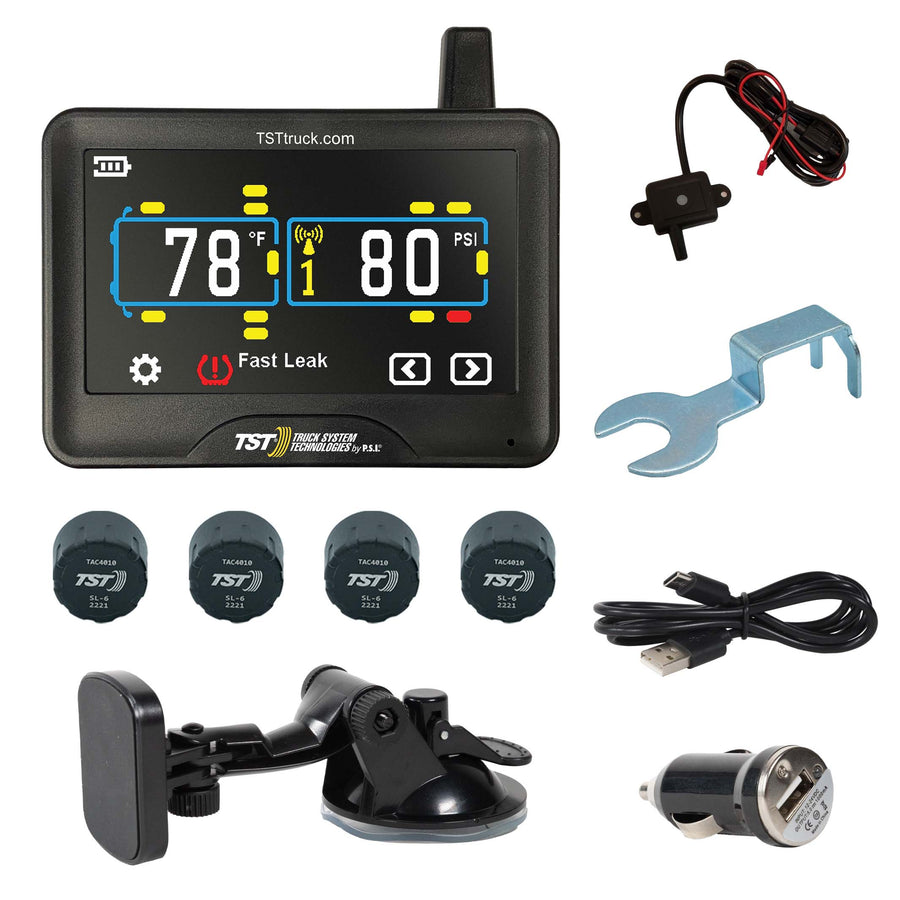
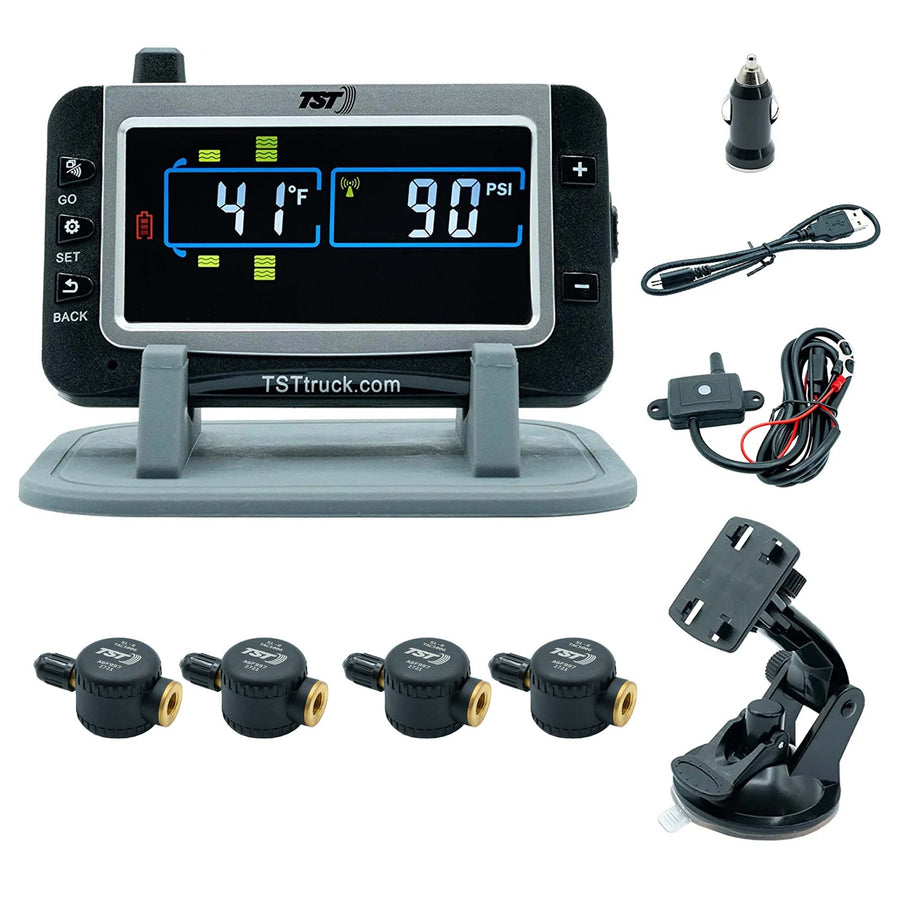
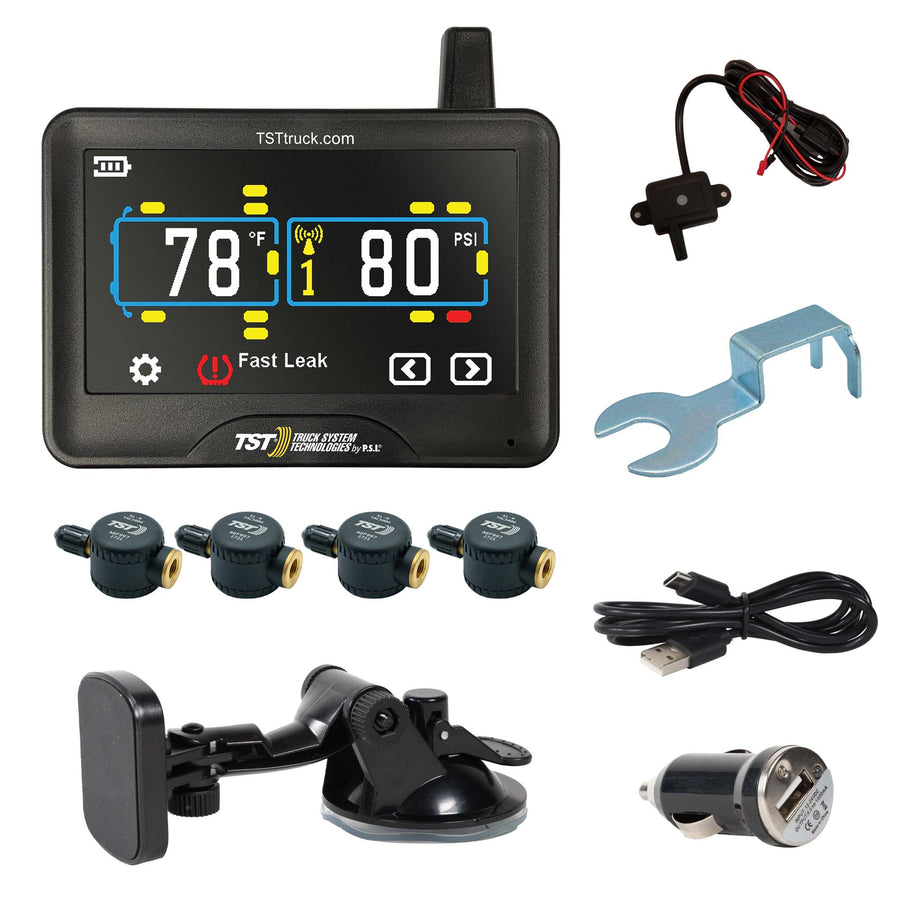

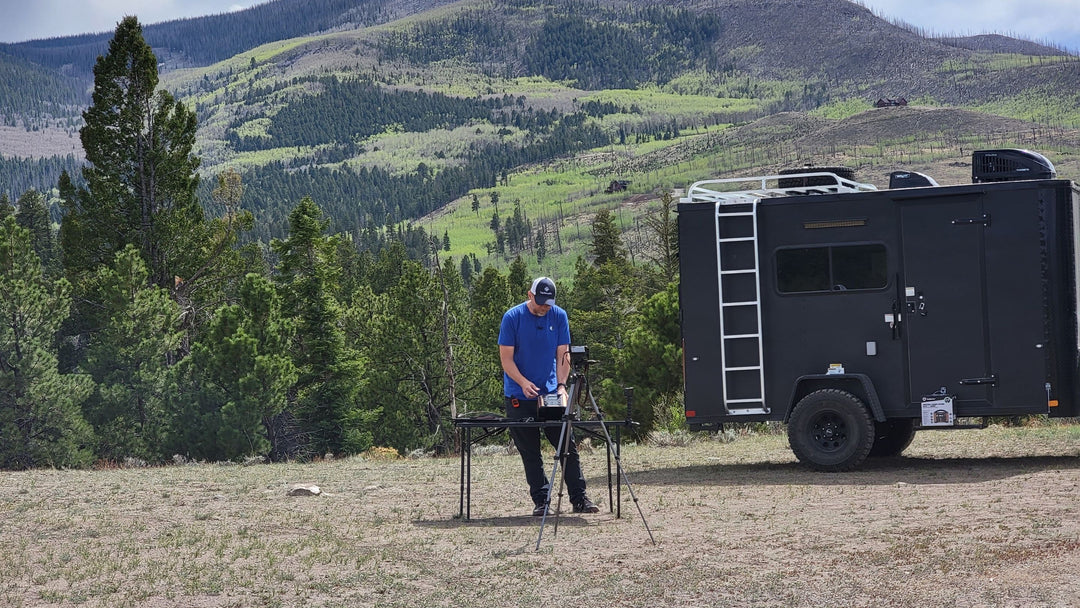

I have. Fleetwood Rv and I’m flat towing a canyan pickup. So I would need 10 sensors I think. What your best recommendation for my situation
Thank yo
What TPMS system would you suggest for a 3ft Class C RV
Leave a comment